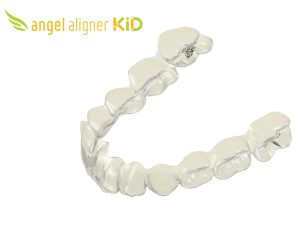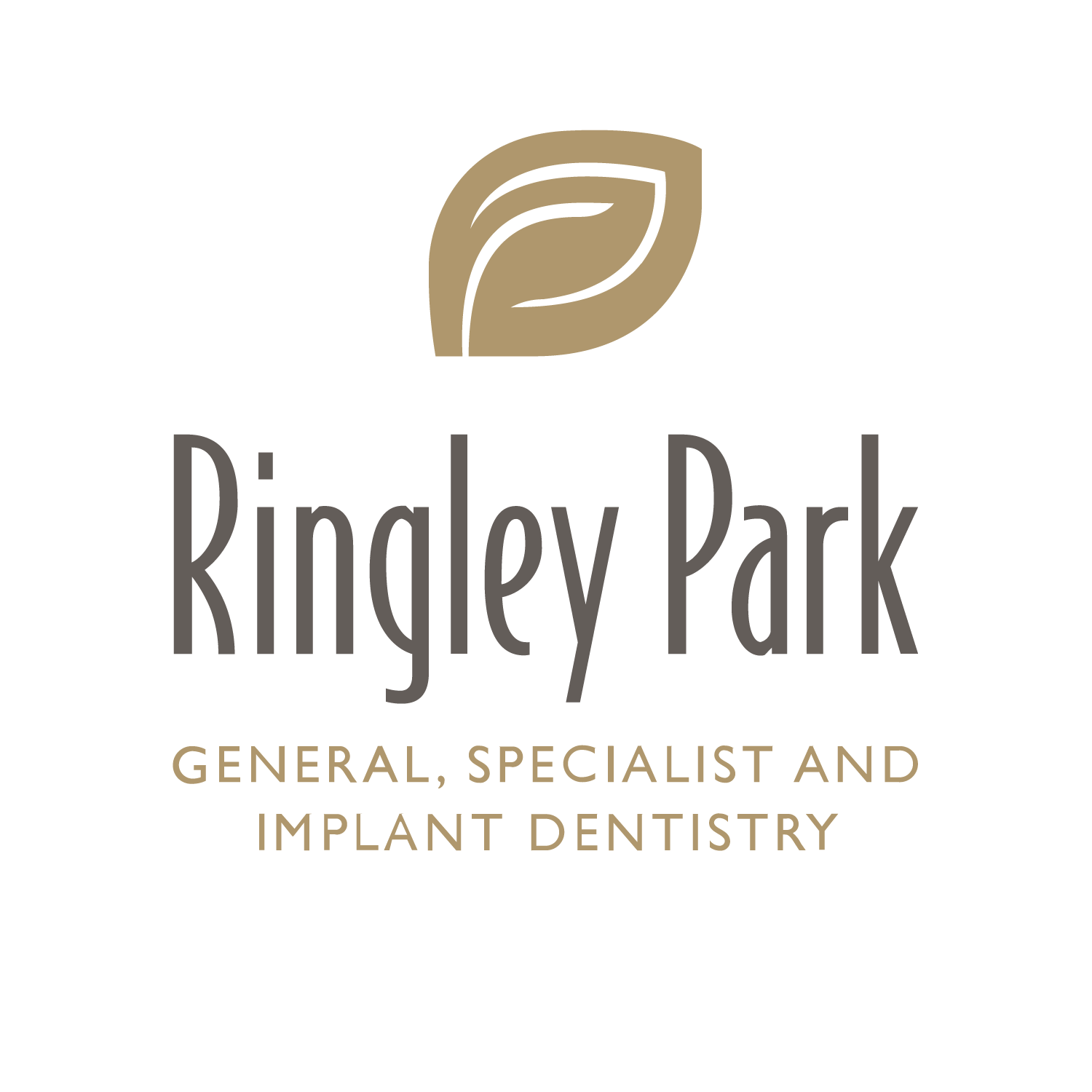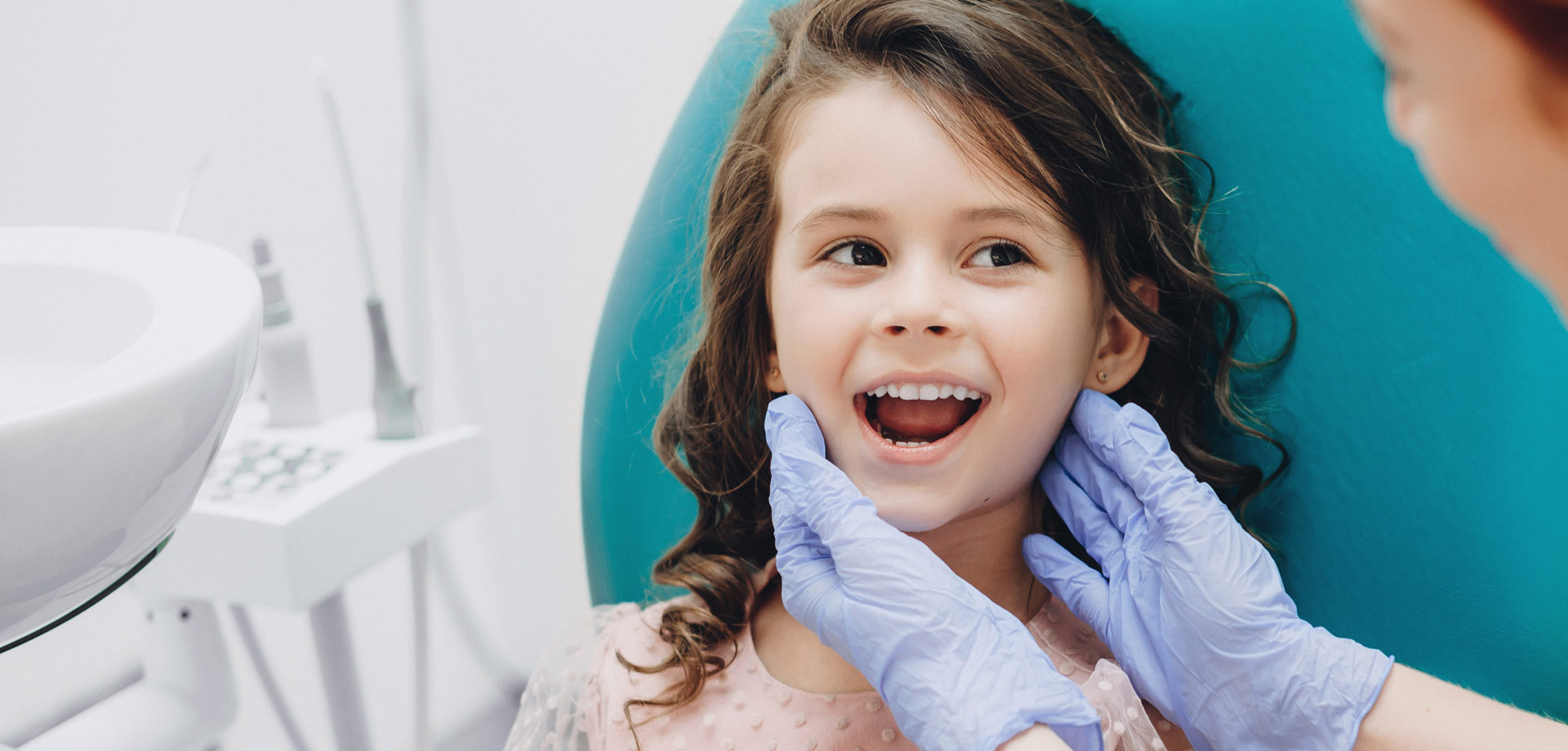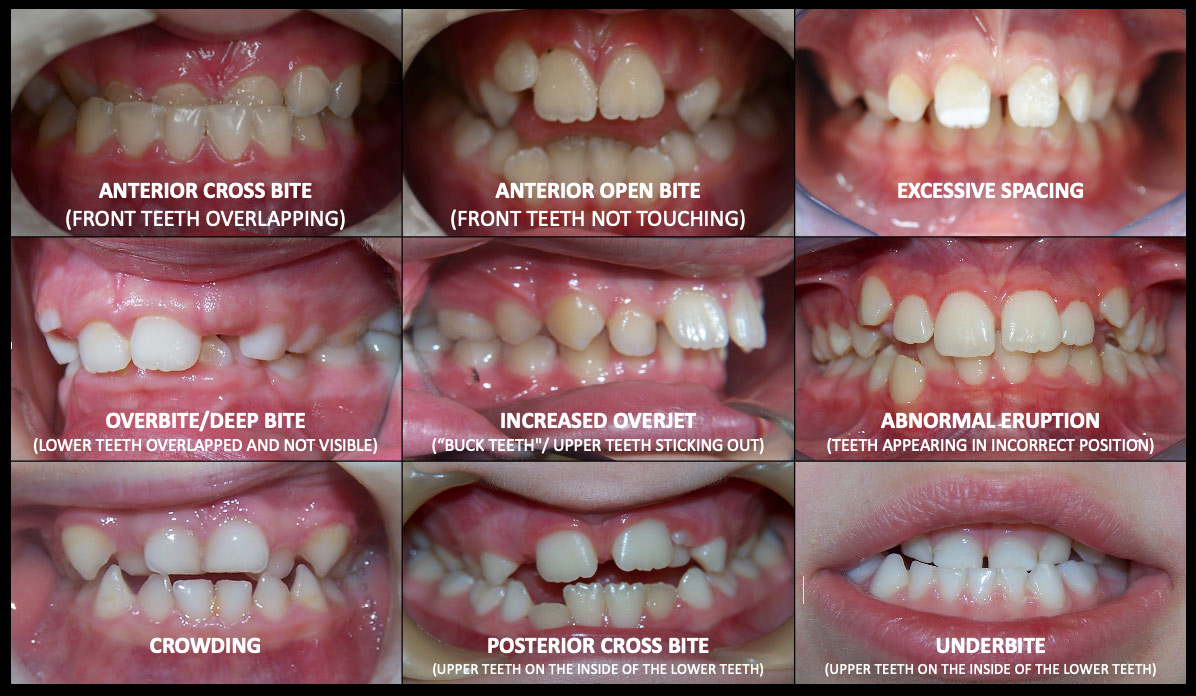You might be surprised to hear that the recommended age for a child’s first orthodontic assessment – by both the British and American Dental Associations – is 7 years old. While there used to be an expectation that orthodontic treatment would begin during the early teenage years, 90% of the growth of the head and neck is complete by the time a child is 10 years old. This means that problems with the bite can be corrected more easily and effectively at a younger age, while children are still growing and have their first set of teeth.
This early intervention is called early interceptive orthodontics, and in this blog post we’ll be taking a closer look at its benefits, the risks of not having it, and how it works.
What is early interceptive orthodontics?
Early interceptive orthodontics diagnoses a child’s future dental problems, such as an overbite, underbite or crowding. The problem can then be treated and even prevented before the adult teeth grow in. Treatment not only straightens teeth, but can help guide facial development using functional appliances. These techniques can also promote correct nasal breathing, swallowing patterns and tongue posture.
How do I know if my child requires early interceptive orthodontic treatment?
The following early orthodontic presentations represent issues that we recommend be addressed with early orthodontic treatment:
- Crowding (narrow jaws / underdeveloped jaws)
There is not enough available space in the jaw for teeth to grow as they should; as a result teeth become misaligned. - Overjet (Protrusion)
Sometimes called “buck teeth”, an overjet is where the upper teeth protrude outwards and sit over the bottom teeth. This makes the teeth more susceptible to damage and trauma, and can also lead to difficulty chewing and drinking. - Overbite (Deep bite)
An overbite describes a significant downward protrusion where the upper teeth cover the bottom teeth by more than one-third. - Open bite
An open bite is where upper and bottom teeth do not properly align when the jaw is closed, causing a large visible gap between the upper and lower teeth. - Cross bite
There are two types of cross bite. Posterior cross bite is when some of the upper back teeth sit inside the lower teeth when the jaw is closed. Anterior cross bite is the opposite, when some of the upper front teeth sit behind the lower front teeth. A crossbite is considered fairly common in children. If left untreated, it can cause complications with the child’s function (breathing, swallowing or even speech) and even painful symptoms.
You may also notice symptoms of poor jaw development in your child, including mouth breathing, digit (thumb/finger) sucking, snoring, difficulty chewing or biting, jaw joint problems, speech impediments, and crowded front teeth before the age of 7 or 8.
Why early orthodontic treatment is important to us
90% of the growth of the cranium (the bones that form the head) is complete by 10 years of age, which means that many malocclusions (‘bad bites’) are easier to correct at a younger age. If a child does not undergo early interceptive orthodontic treatment, their jaw and teeth will have already developed and treatment will be more likely to involve tooth extractions or more complex orthodontic or even surgical procedures
While early interceptive treatment won’t be necessary for every child, it provides an opportunity to reduce problems before the adult teeth come in. This minimises, and can even completely eradicate, the need for teenage or adult orthodontic treatment, tooth extraction and oral surgery. Early interceptive orthodontic treatment can also be less extensive than teenage or adult orthodontic treatment.
 How it works
How it works
In general, early orthodontic treatment typically takes 12 to 18 months. Children can be treated with a variety of removable and/or fixed orthopaedic orthodontic appliances, depending on their presentation Treatment can include expansion appliances, partial braces and clear aligners. Ringley Park is proud to offer Invisalign First and Angel Aligner KiD clear aligners, designed especially to correct malocclusions in children who still have their baby teeth.
Early interceptive orthodontics at Ringley Park Dental Practice.
Ringley Park offers early interceptive orthodontics in Reigate, Surrey. Our dentist, Caroline Bromley enjoys working with children, making them feel comfortable and encouraging them to develop the best preventative practices.
Orthodontic issues are often associated with a patient’s function and even posture. We work alongside Oral Surgeons, Myofunctional therapists, Osteopaths and ENT surgeons to support you in a holistic manner and to treat the underlying issue that has led to the existing problem.
Caroline uses orthopaedic orthodontic treatment to aid the correct development of children’s jaws. We recommend bringing children in for their first orthopaedic assessment at 7 years old, ensuring early diagnosis and preventing more complicated, elaborate and costly dental problems later in life.
Get in touch to book an orthodontic assessment at Ringley Park Dental Practice in Reigate. Book online or talk to a member of our friendly team today at 01737 240123.


